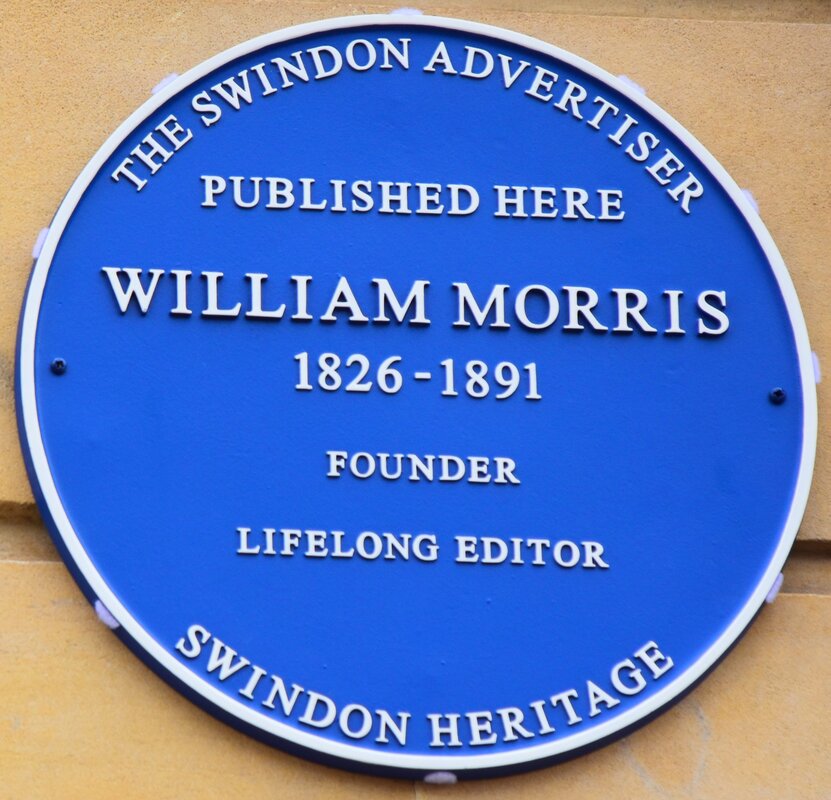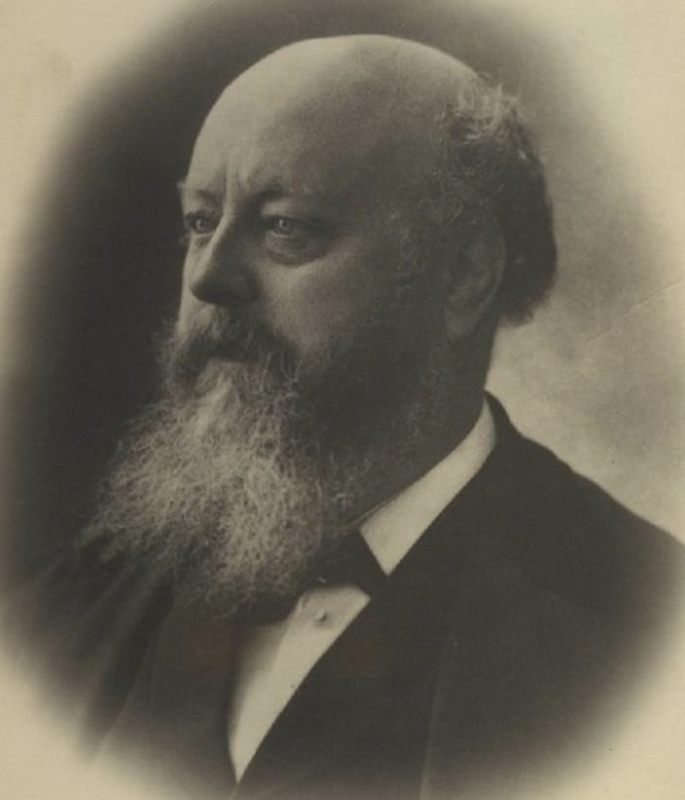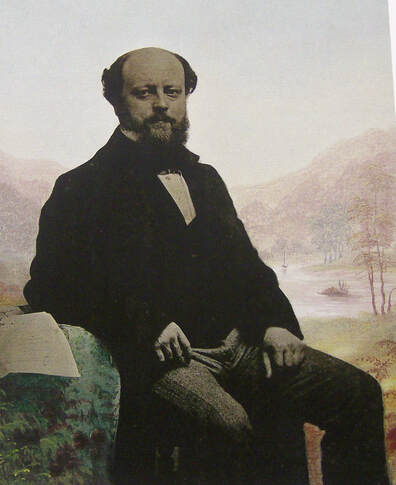Installed Saturday 30th July 2022
The founding of the Swindon Advertiser in 1854 obviously makes William Morris a key figure in the town’s history, and showed he was years ahead of his time because, after a change in tax laws, his new paper became one of the first in the country to make news affordable to the general public.
In the 1880s he also wrote the first popular local history of the town, a charming little book called Swindon 50 Years Ago, which is still a must-read for those interested in our past. But what makes Morris even more memorable is that he was a tireless champion of ordinary people, who used his paper to put a spotlight on anyone falling short of the high standards he believed should apply to people in authority, public office or positions of privilege.
In the winter of 1861, for example, he berated the local gentry for organising a barbecue on the ice at Coate Water and using surplus meat as a football - at a time when some people were struggling to afford food.
He was strongly opposed to blood sports and regularly stood up for people at the very bottom of the social scale - those in the Swindon workhouse - by getting himself on the Board of Guardians and for the next 25 years making a nuisance of himself whenever the inmates were being badly treated.
When he died in 1891, even one of his adversaries said he was “a man whose honesty of purpose carried him above the miserable trickery of party politics, and whose dominant desire in the conduct of the newspaper which he edited with so much ability was to redress wrong and uphold right”.
In the 1880s he also wrote the first popular local history of the town, a charming little book called Swindon 50 Years Ago, which is still a must-read for those interested in our past. But what makes Morris even more memorable is that he was a tireless champion of ordinary people, who used his paper to put a spotlight on anyone falling short of the high standards he believed should apply to people in authority, public office or positions of privilege.
In the winter of 1861, for example, he berated the local gentry for organising a barbecue on the ice at Coate Water and using surplus meat as a football - at a time when some people were struggling to afford food.
He was strongly opposed to blood sports and regularly stood up for people at the very bottom of the social scale - those in the Swindon workhouse - by getting himself on the Board of Guardians and for the next 25 years making a nuisance of himself whenever the inmates were being badly treated.
When he died in 1891, even one of his adversaries said he was “a man whose honesty of purpose carried him above the miserable trickery of party politics, and whose dominant desire in the conduct of the newspaper which he edited with so much ability was to redress wrong and uphold right”.
100 VICTORIA ROAD, SWINDON, WILTSHIRE, UK, SN1 3BE



